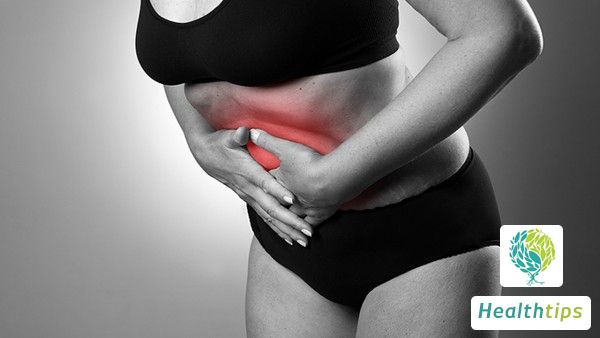Abdominal distension is generally not a symptom of uremia, which mainly causes decreased urine output, edema, hypertension, anemia, and other symptoms. Abdominal distension may be caused by improper diet, indigestion, chronic gastritis, and other reasons. It is recommended that patients go to the hospital promptly for a definite diagnosis.

1. Improper diet: If you consume more gas-producing foods such as sweet potatoes and potatoes, these foods are digested and decomposed in the gastrointestinal tract to produce a large amount of gas, which can cause abdominal distension. In this case, you need to adjust your diet, eat less gas-producing foods, and the problem can usually be relieved quickly.
2. Indigestion: Due to gastrointestinal motility disorders, the patient's gastrointestinal motility slows down, weakening the digestion and absorption function of the gastrointestinal tract. This may cause food to stay in the gastrointestinal tract for a longer time, unable to be digested and absorbed in time, resulting in excessive fermentation of food and producing a large amount of gas, causing abdominal distension. In this case, you need to pay attention to a light diet, avoid spicy and irritating foods, and can also use drugs such as domperidone to promote gastrointestinal motility under the guidance of a doctor.
3. Chronic gastritis: Chronic gastritis caused by factors such as Helicobacter pylori infection can damage the gastric mucosa, leading to weakened digestion and absorption functions of the gastrointestinal tract. Food stays in the gastrointestinal tract for a longer time, producing a large amount of gas, which can cause abdominal distension. In this case, you need to use drugs such as Omeprazole Enteric-coated Capsules under the guidance of a doctor to inhibit gastric acid secretion, and also use drugs such as Sucralfate Chewable Tablets to protect the gastric mucosa.
4. Other reasons: The kidneys are the main organs of the body that excrete metabolic waste. If a patient has renal insufficiency, which prevents timely excretion of metabolic waste, causing toxins to accumulate in the body, it may lead to abdominal distension. In this case, timely treatment is needed to avoid life-threatening situations. It is recommended that patients develop good living habits, avoid overeating, pay attention to a balanced diet, and eat fresh fruits and vegetables. In addition, proper exercise is also beneficial for improving body resistance.

